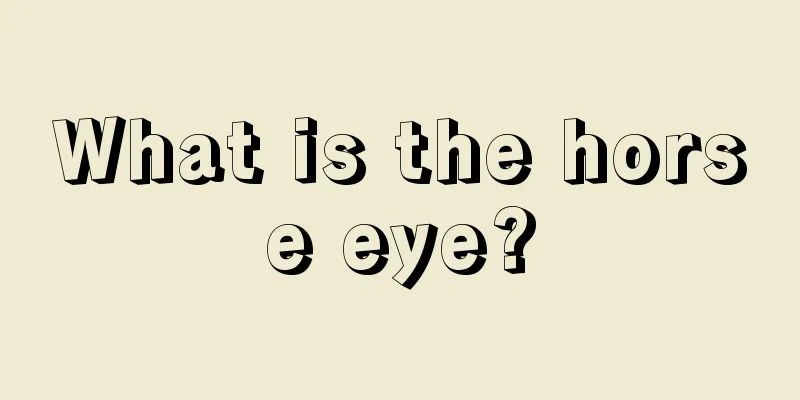How does Zcash balance privacy and transparency in blockchain?

|
Zcash, a cryptocurrency launched just last week, promises a new kind of transaction privacy on public blockchains that could make distributed ledger technology more attractive to financial institutions, but regulators may not be so happy. Peter Van Valkenburgh, director of research at Coin Center, said:
With Zcash, software developer and Zcash founder Zooko Wilcox has provided a solution to this problem. If the technology works as envisioned, it could not only make blockchains more bankable, but also help resolve long-standing tensions between banks and anti-money laundering regulations. It remains to be seen how governments view a system where transactions can be audited to reveal who is in control. Starting with the same basic framework as Bitcoin, Wilcox added a recent cryptographic innovation to the blockchain: zero-knowledge proofs. The Zcash system allows users to conduct private transactions while maintaining the integrity of the blockchain that supports the transactions. With Bitcoin, users are identified by anonymous transaction addresses. Those alphanumeric strings alone do not guarantee privacy, as the movement of funds can be tracked through the blockchain and addresses controlled by the same users can therefore be linked. For Zcash, it features two types of addresses, ‘transparent’ and ‘shielded’. With transparent addresses, the amounts sent back and forth can appear on the blockchain like Bitcoin. But if a user chooses to use a shielded address, the transaction will be obscured from the public ledger. If both the sender and receiver of funds choose to use a shielded address, the amount sent will also be encrypted. Zcash founder Zooko Wilcox Eventually, the Zcash development team will add ‘view keys’ that users can share with third parties to reveal their transactions – without anyone else seeing them. Wilcox said:
The potential of zero-knowledge proofs, Van Valkenburgh said, is that they "allow you to prove something about a data structure without revealing the data inside that data structure." Wilcox said at American Banker’s Blockchain + Cryptocurrency Conference:
But it retains the important properties of blockchain. He also said:
After pausing work on zero-knowledge proofs to ensure Zcash can be released on time and securely, the company is now moving toward pursuing research on both projects in parallel. Wilcox said in an email on Monday:
An obvious question is whether the privacy features of the Zcash currency (ZEC) will make it more difficult for financial institutions — such as digital currency exchanges and wallet services or other banking providers — to comply with anti-money laundering laws. On the one hand, Zcash’s ‘selective disclosure’ capability, combined with pressure on intermediaries to comply with anti-money laundering rules, will ensure that most transactions are traceable. The collection of basic transaction data for AML purposes will likely be performed by third parties such as wallets and exchanges. To comply with money services business rules, or because they need to satisfy banking partners, these companies (wallets or exchanges) will have to obtain data and other information about the participants in the transaction to ensure that they can flag suspicious transactions. Pratin Vallabhaneni, an associate researcher at the law firm Arnold & Porter, said:
|
<<: Bitcoin celebrates its 8th birthday, and its price has exceeded 5,000 yuan
Recommend
How to identify a scumbag through face reading
As the saying goes, men are afraid of choosing th...
Are women with big mouths ambitious? What kind of mouth is a symbol of wealth?
Speaking of the issue of ambition, I believe many ...
Genesis Mining Company Leaves New York Over BitLicense
Genesis Mining is the latest company to leave New...
What is the fate of a boy with a pointed head? Can he become rich?
Boys with pointed heads are not common in life. T...
Li Ronghao opportunities are often reserved for those who are prepared!
Speaking of Li Ronghao Like Xue Zhiqian, The same...
Bao Erye posted on Weibo that Bitcoin God can start mining
https://weibo.com/ttarticle/p/show?id=23094042355...
Are women with peach blossom eyes prone to peach blossoms? Women with bad peach blossoms are prone to bad peach blossoms.
Peach Blossom Eyes means that a person's eyes...
Analyzing moles to see external and internal injuries
Analyzing moles to see external and internal inju...
Bitcoin (BTC) is forming a bullish flag – buy or sell?
A lot of nervousness and general fear has made it...
The characteristics of extremely intelligent people are distinct earlobes
Appearance reflects the heart. Based on a person&...
The company borne the loss of 60 million yuan by itself and ruled that the contracts of multiple virtual currency trading disputes were invalid.
After the "September 24 Notice", more a...
Bitcoin VS Traditional Investment: Three Major Investment Advantages of Bitcoin
Traditional investors are always very cautious wh...
Second marriage line: women's palm reading: broken palms are prone to second marriage
If we classify and compare the palm lines of divo...
Bitcoin miners say 2019 is too difficult
Written by: Xiao Maoge Special thanks to Zhu Yu f...
Bitfinex Alpha Report: Bitcoin (BTC) On-Chain Indicators Are Bullish
This week’s on-chain data report noted that BTC’s...









